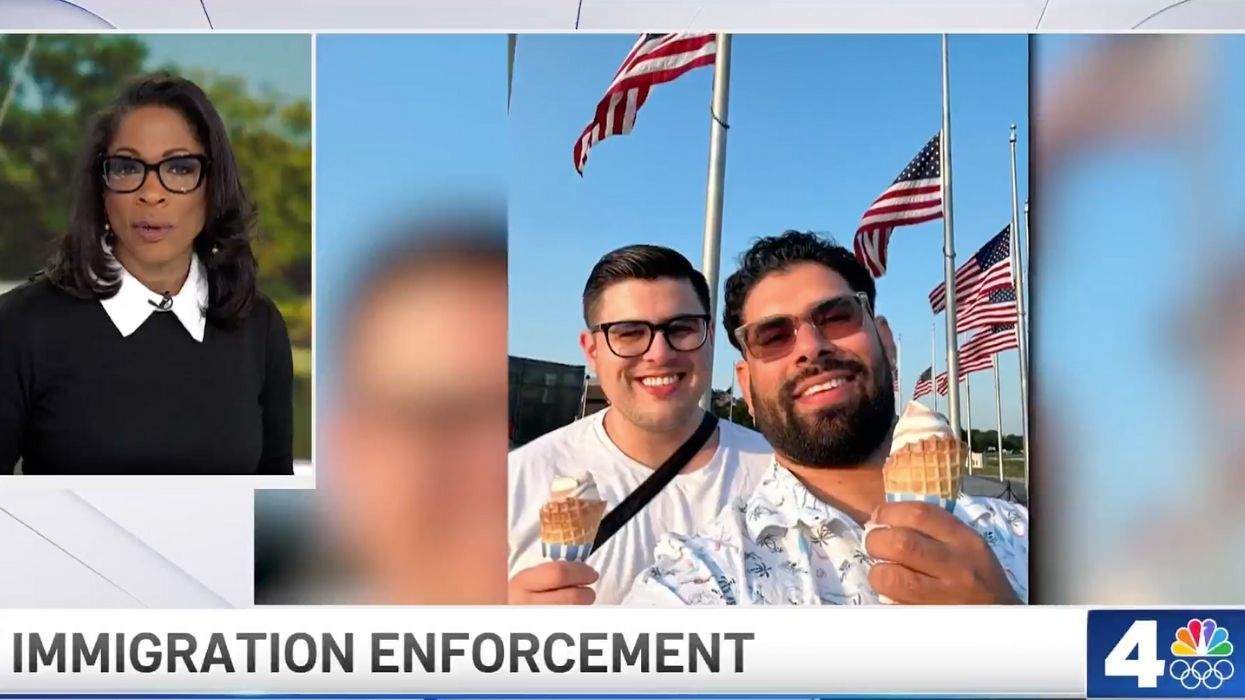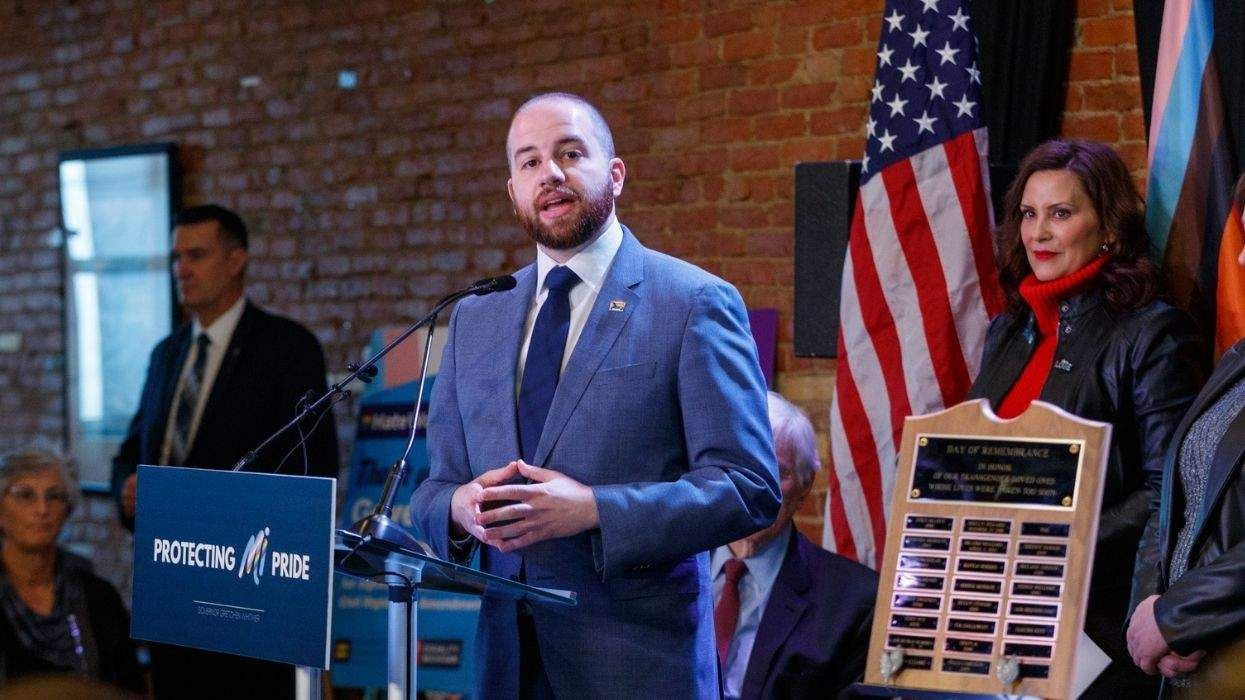Pages 2-3
This image of the Court would have been unrecognizable to those who wrote and ratified our national charter. They knew well the dangers of "primary" power, and so created branches of government that would be "perfectly co-ordinate by the terms of their common commission," none of which branches could "pretend to an exclusive or superior right of settling the boundaries between their respective powers." (The Federalist, James Madison). The people did this to protect themselves. They did it to guard their right to self-rule against the black-robed supremacy that today's majority finds so attractive. So it was that Madison could confidently state, with no fear of contradiction, that there was nothing of "greater intrinsic value" or "stamped with the authority of more enlightened patrons of liberty" than a government of separate and coordinate powers.
Page 14
I think that this Court has, and the Court of Appeals had, no power to decide this suit. We should vacate the decision below and remand to the Court of Appeals for the Second Circuit, with instructions to dismiss the appeal. Given that the majority has volunteered its view of the merits, however, I proceed to discuss that as well.
Page 14-15
My guess is that the majority, while reluctant to suggest that defining the meaning of "marriage" in federal statutes is unsupported by any of the Federal Government's enumerated powers, nonetheless needs some rhetorical basis to support its pretense that today's prohibition of laws excluding same-sex marriage is confined to the Federal Government (leaving the second, state-law shoe to be dropped later, maybe next Term). But I am only guessing.
Page 17-18
The majority never utters the dread words "substantive due process," perhaps sensing the disrepute into which that doctrine has fallen, but that is what those statements mean. Yet the opinion does not argue that same-sex marriage is "deeply rooted in this Nation's history and tradition," (Washington v. Glucksberg), a claim that would of course be quite absurd. So would the further suggestion (also necessary, under our substantive-due-process precedents) that a world in which DOMA exists is one bereft of "'ordered liberty.'
Page 18
Some might conclude that this loaf could have used a while longer in the oven. But that would be wrong; it is already overcooked. The most expert care in preparation cannot redeem a bad recipe. The sum of all the Court's nonspecific hand-waving is that this law is invalid (maybe on equal-protection grounds, maybe on substantive-due- process grounds, and perhaps with some amorphous federalism component playing a role) because it is motivated by a "'bare ... desire to harm' " couples in same-sex marriages.
Page 18
As I have observed before, the Constitution does not forbid the government to enforce traditional moral and sexual norms. ... It is enough to say that the Constitution neither requires nor forbids our society to approve of same-sex marriage, much as it neither requires nor forbids us to approve of no-fault divorce, polygamy, or the consumption of alcohol.
Pages 18-19
However, even setting aside traditional moral disap- proval of same-sex marriage (or indeed same-sex sex), there are many perfectly valid--indeed, downright boring--justifying rationales for this legislation. Their existence ought to be the end of this case. For they give the lie to the Court's conclusion that only those with hateful hearts could have voted "aye" on this Act. And more importantly, they serve to make the contents of the legislators' hearts quite irrelevant: "It is a familiar principle of constitutional law that this Court will not strike down an otherwise constitutional statute on the basis of an alleged illicit legislative motive." (United States v. O'Brien). Or at least it was a familiar principle. By holding to the contrary, the majority has declared open season on any law that (in the opinion of the law's opponents and any panel of like-minded federal judges) can be characterized as mean-spirited.
Pages 19-20
Imagine a pair of women who marry in Albany and then move to Alabama, which does not "recognize as valid any marriage of parties of the same sex." When the couple files their next federal tax return, may it be a joint one? Which State's law controls, for federal-law purposes: their State of celebration (which recognizes the marriage) or their State of domicile (which does not)? (Does the answer depend on whether they were just visit- ing in Albany?) Are these questions to be answered as a matter of federal common law, or perhaps by borrowing a State's choice-of-law rules? If so, which State's? And what about States where the status of an out-of-state same-sex marriage is an unsettled question under local law? DOMA avoided all of this uncertainty by speci- fying which marriages would be recognized for federal purposes. That is a classic purpose for a definitional provision.
Page 21
In the majority's judgment, any resistance to its holding is beyond the pale of reasoned disagreement. To question its high-handed invalidation of a presumptively valid statute is to act (the majority is sure) with the purpose to "disparage," "injure," "degrade," "demean," and "humiliate" our fellow human beings, our fellow citizens, who are homosexual. All that, simply for supporting an Act that did no more than codify an aspect of marriage that had been unquestioned in our society for most of its existence-- indeed, had been unquestioned in virtually all societies for virtually all of human history. It is one thing for a society to elect change; it is another for a court of law to impose change by adjudging those who oppose it hostes humani generis, enemies of the human race.
Pages 22-23
As I have said, the real rationale of today's opinion, whatever disappearing trail of its legalistic argle-bargle one chooses to follow, is that DOMA is motivated by "'bare ... desire to harm'" couples in same-sex marriages. How easy it is, indeed how inevitable, to reach the same conclusion with regard to state laws denying same-sex couples marital status.
Page 24
In sum, that Court which finds it so horrific that Congress irrationally and hatefully robbed same-sex couples of the "personhood and dignity" which state legislatures conferred upon them, will of a certitude be similarly appalled by state legislatures' irrational and hateful failure to acknowledge that "personhood and dig- nity" in the first place... By formally declaring anyone opposed to same-sex marriage an enemy of human decency, the majority arms well every challenger to a state law restricting marriage to its traditional definition.
Page 25
In the majority's telling, this story is black-and-white: Hate your neighbor or come along with us. The truth is more complicated. It is hard to admit that one's political opponents are not monsters, especially in a struggle like this one, and the challenge in the end proves more than today's Court can handle. Too bad. A reminder that disagreement over something so fundamental as marriage can still be politically legitimate would have been a fit task for what in earlier times was called the judicial tem- perament.
Page 26
[The] Court has cheated both sides, robbing the winners of an honest victory, and the losers of the peace that comes from a fair defeat. We owed both of them better. I dissent.
READ: The 8 Best Quotes From Kennedy's Majority Opinion
Scalia's 13 Most Snarky Quotes in DOMA Dissent
Justice Scalia had problems with Wednesday's DOMA ruling on all sorts of levels.















Charlie Kirk DID say stoning gay people was the 'perfect law' — and these other heinous quotes
These are some of his worst comments about LGBTQ+ people made by Charlie Kirk.